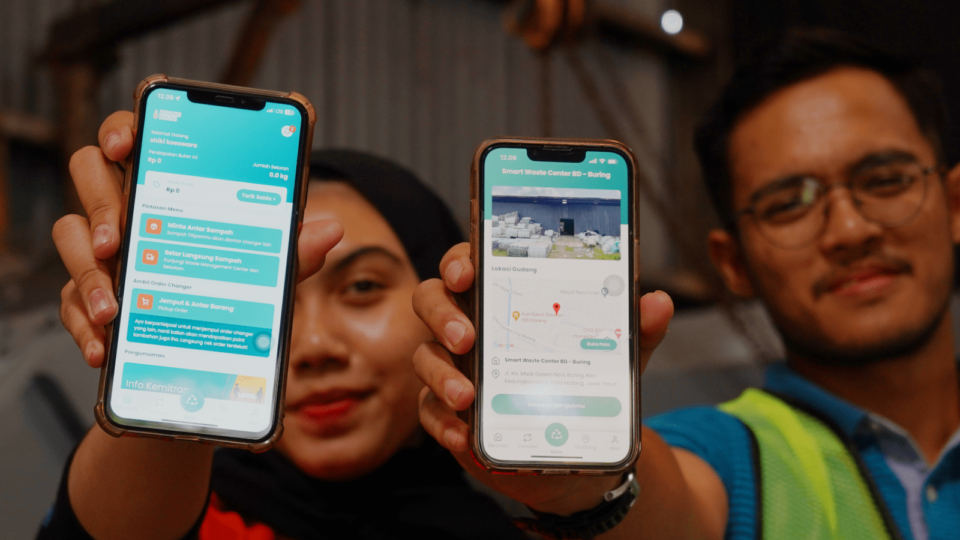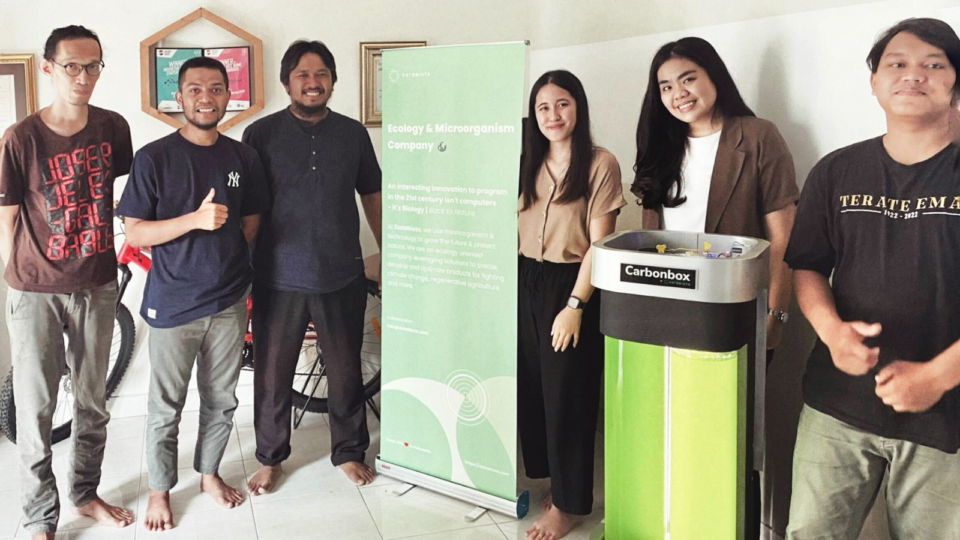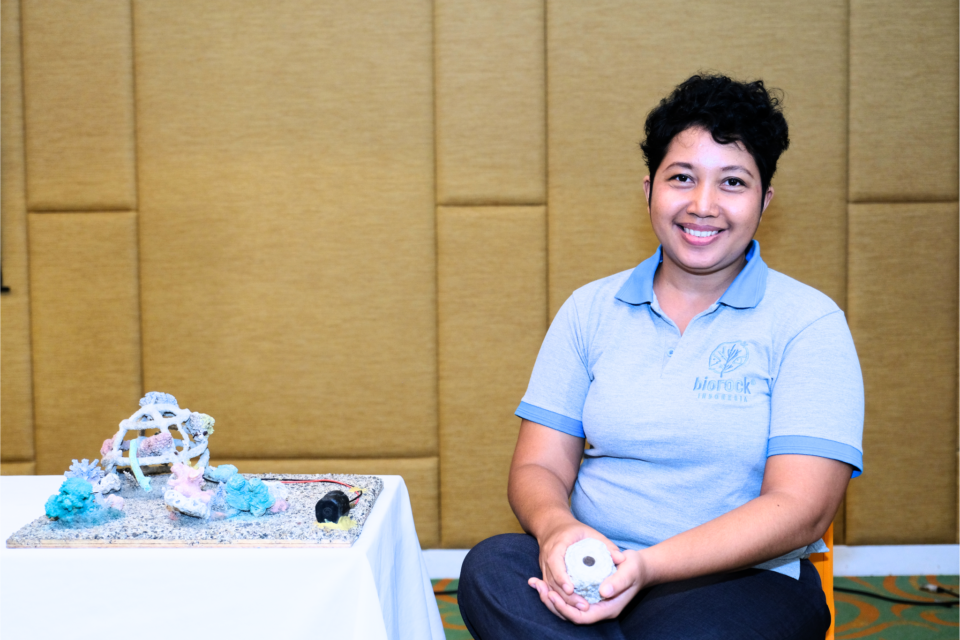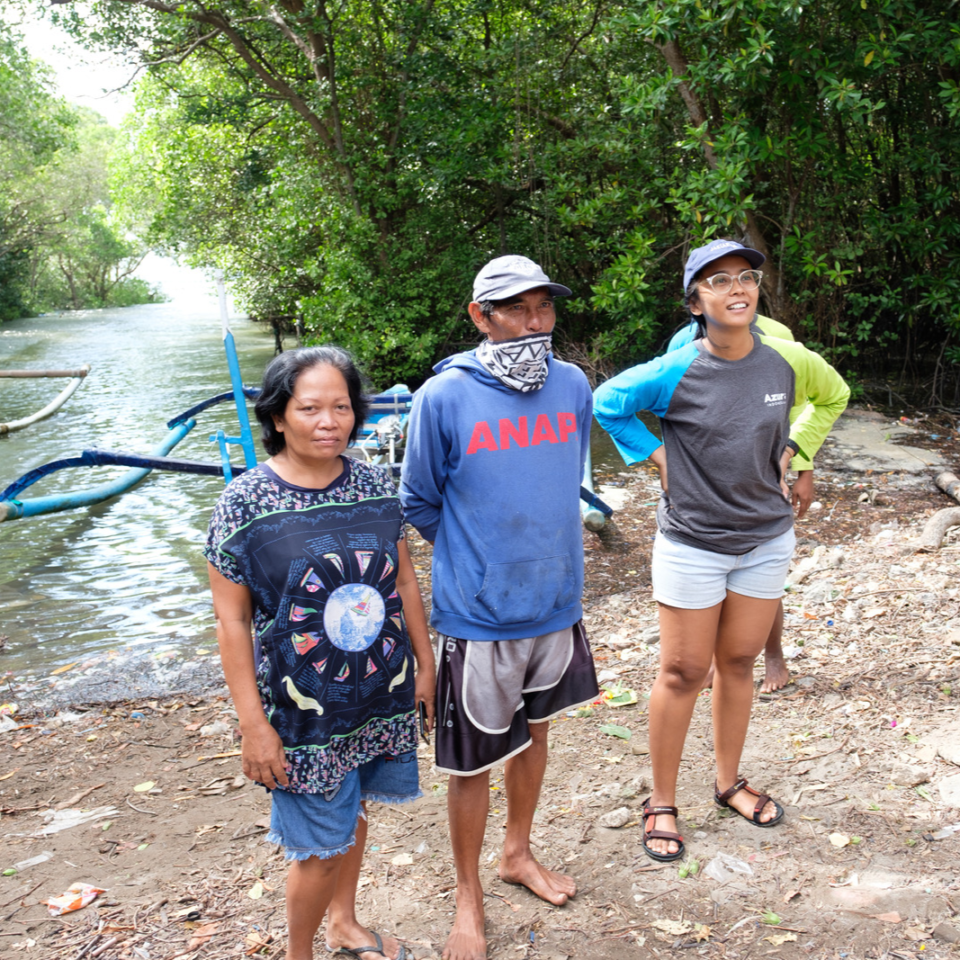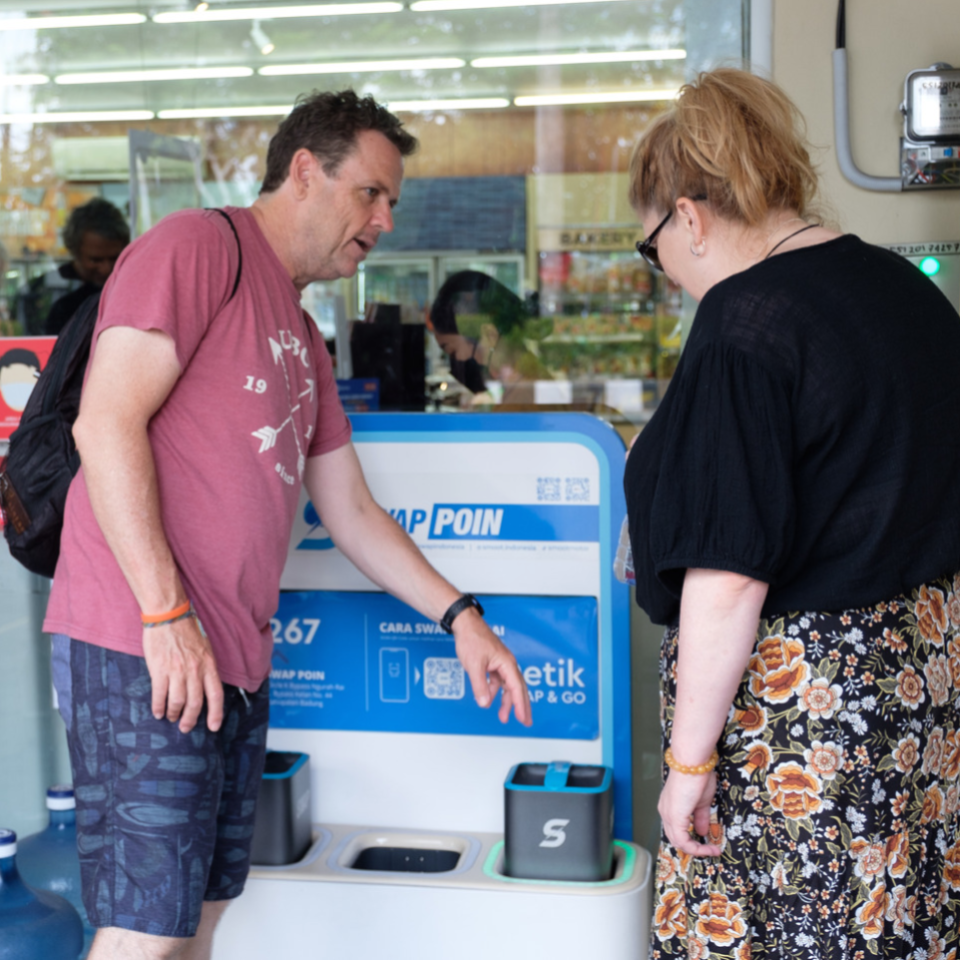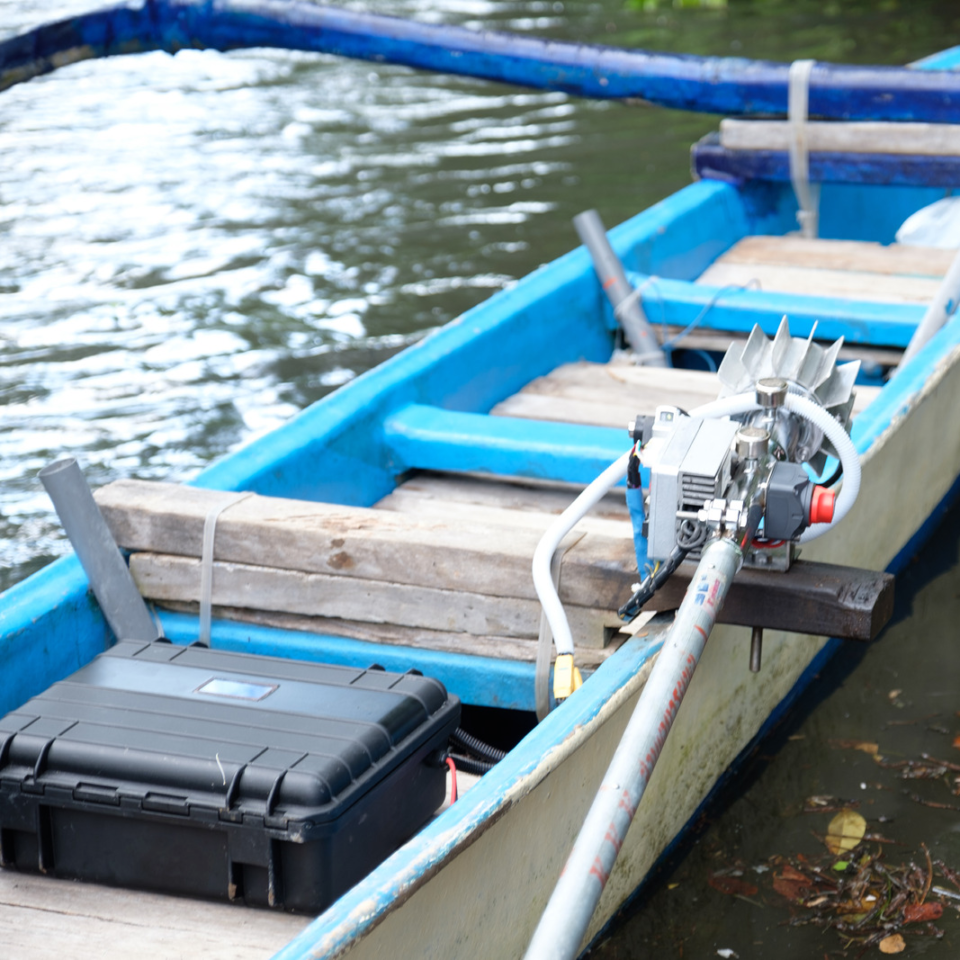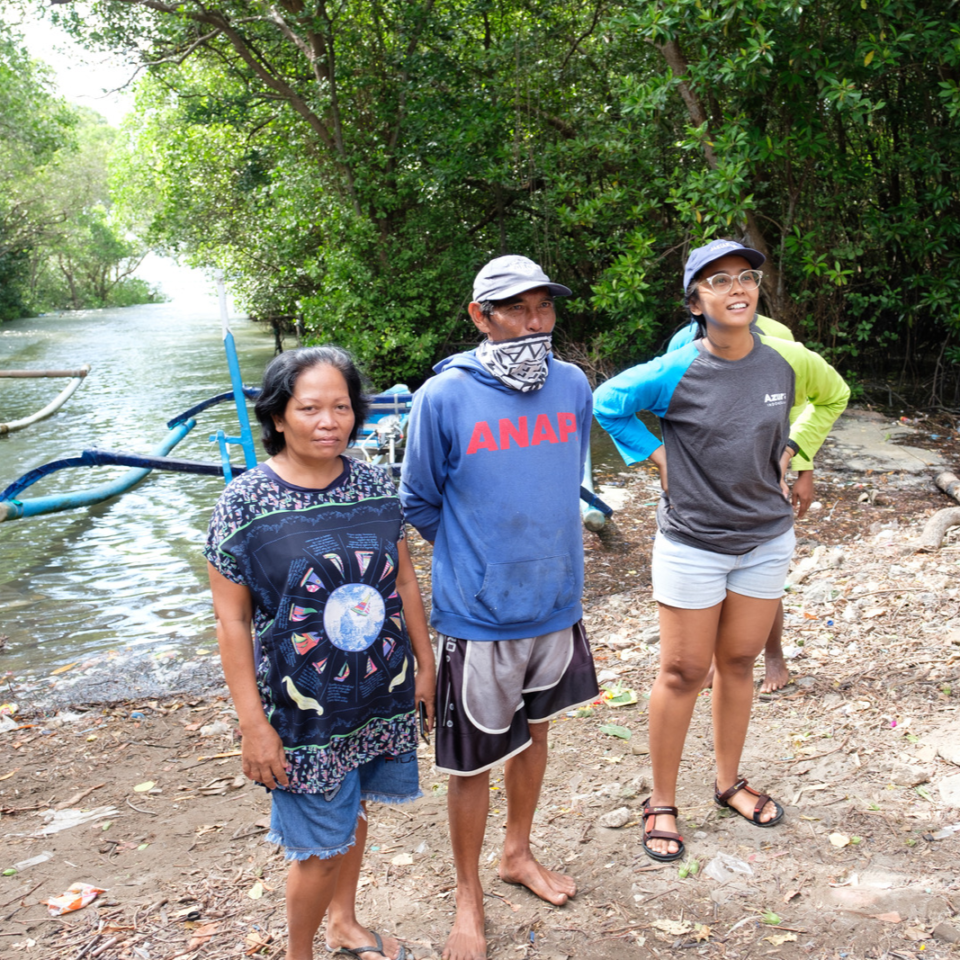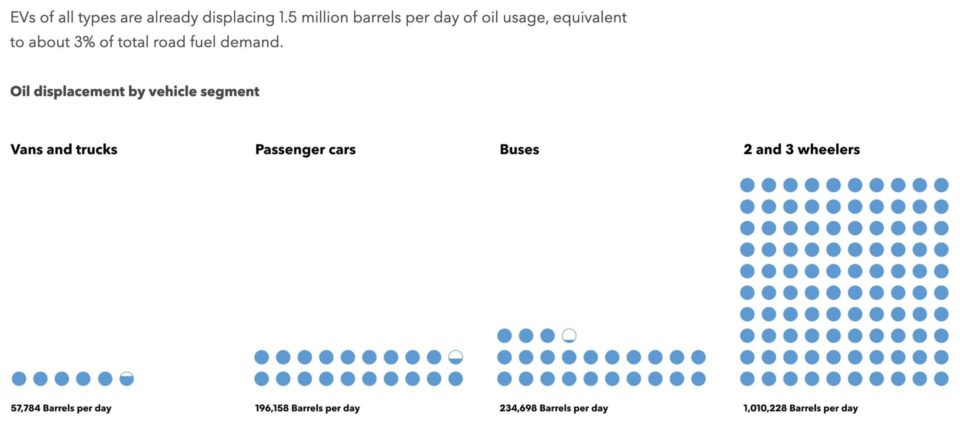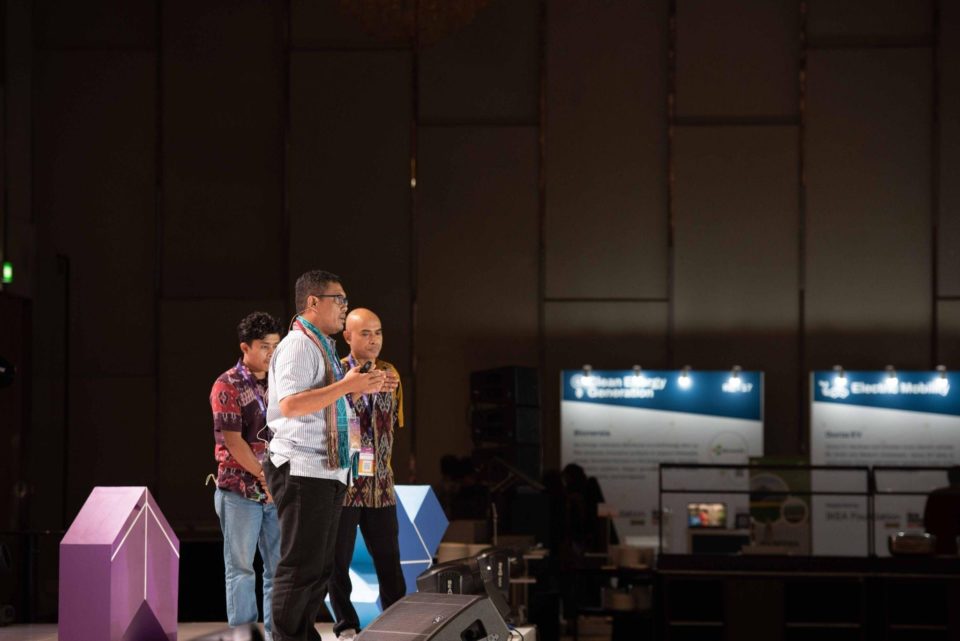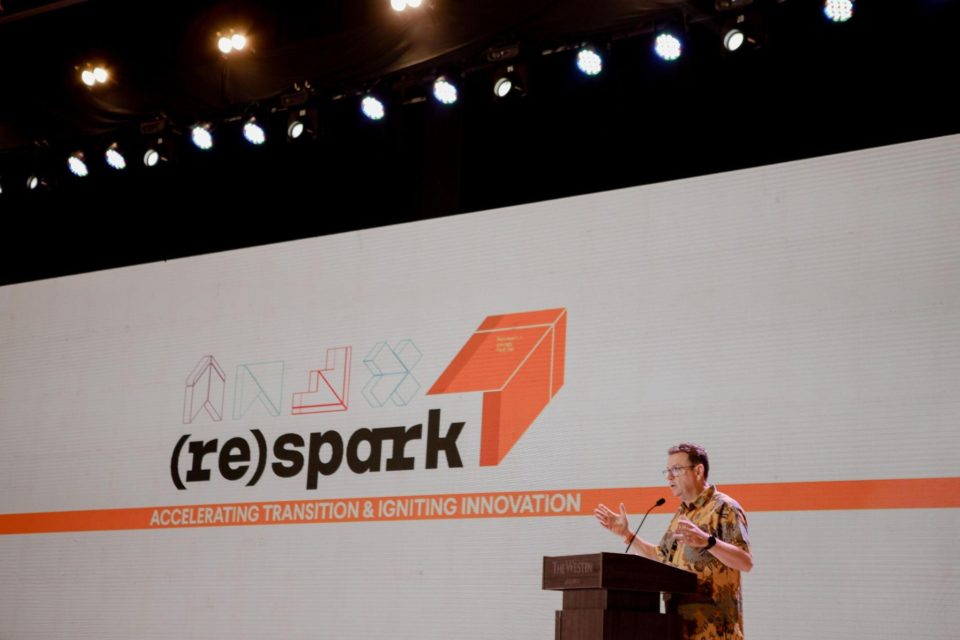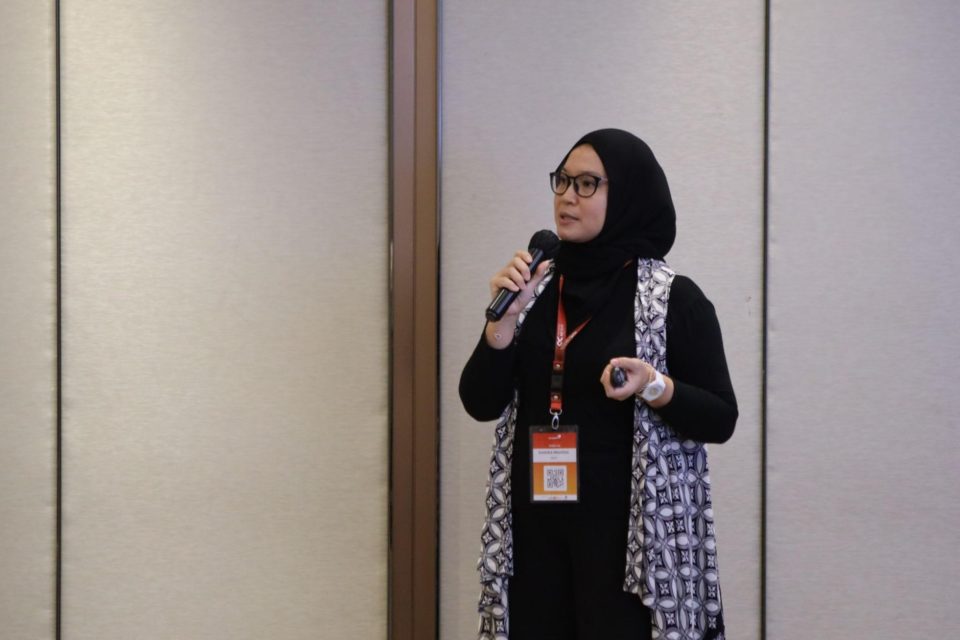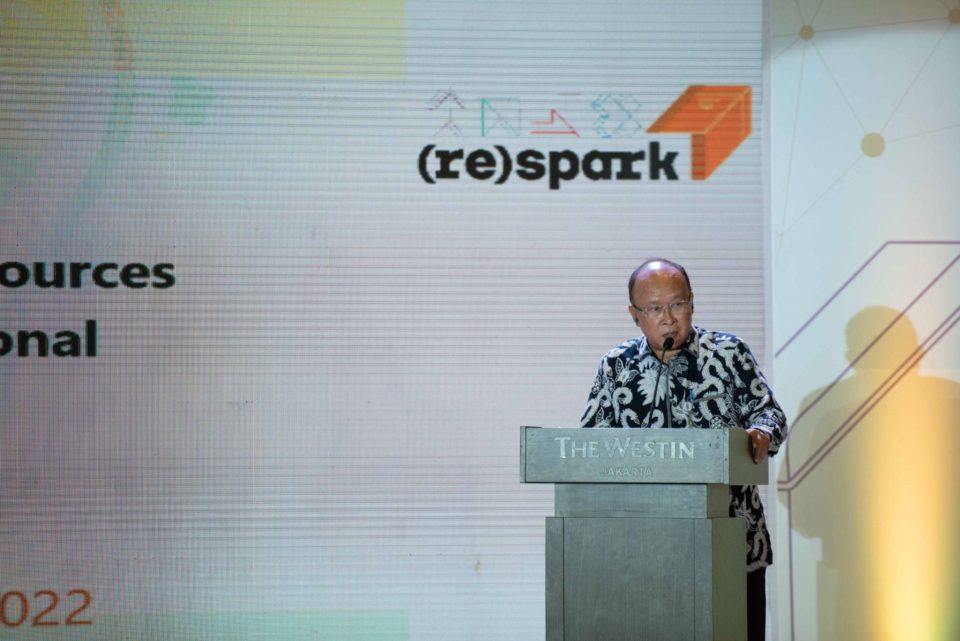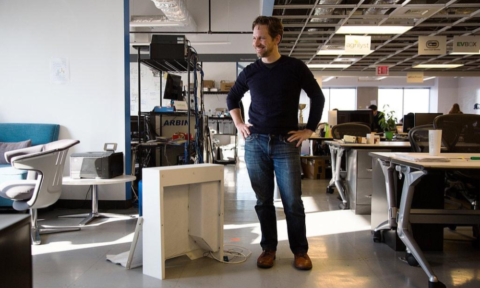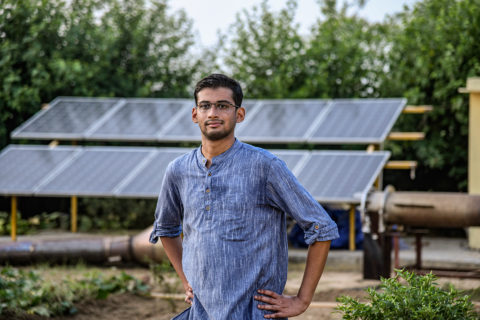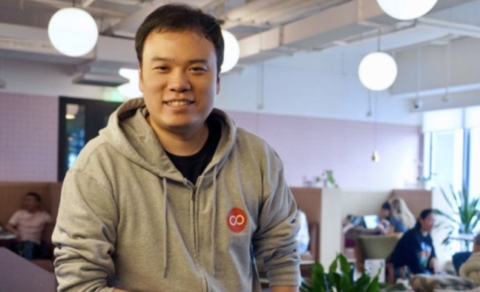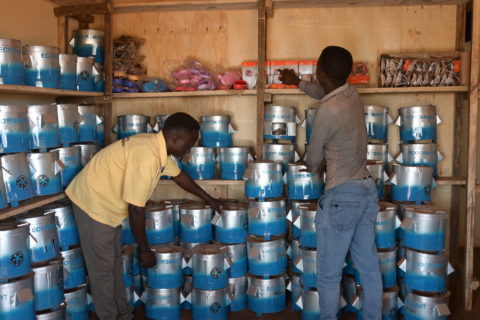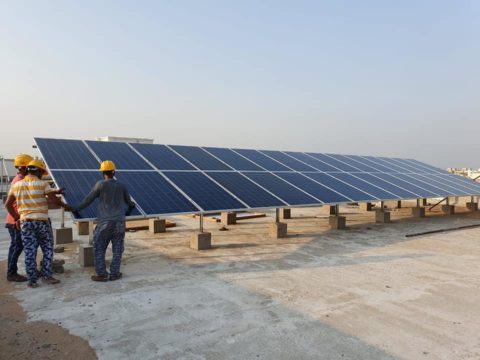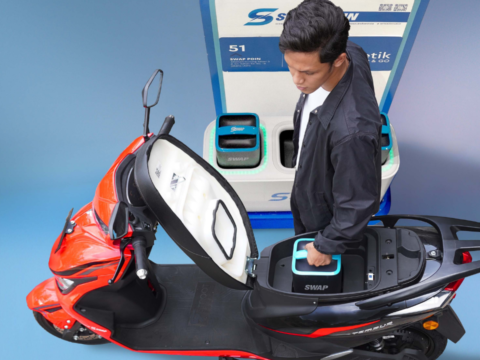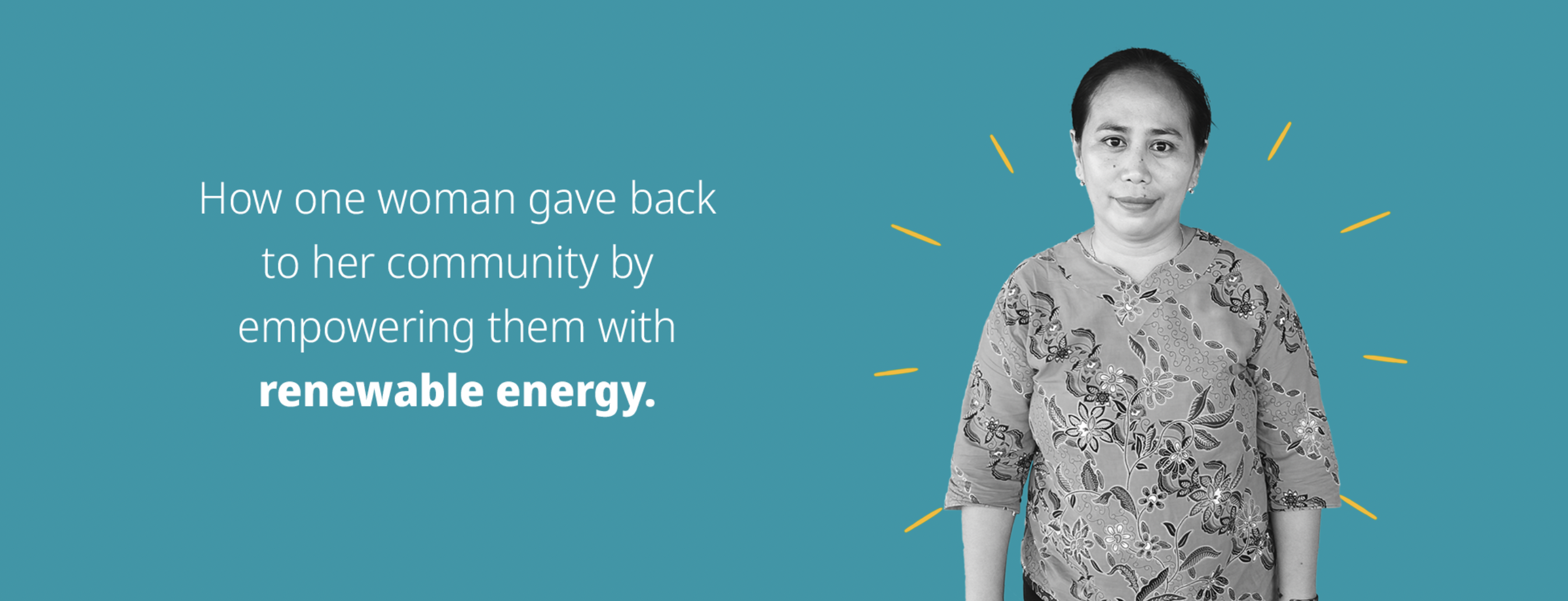Jakarta, 29 March 2022 – New Energy Nexus (NEX), through its Indonesia 1 Fund and Smart Energy Grants, has provided funding to four early-stage clean energy startups [1]. The initiative aims to bridge the funding gap for clean energy start-ups in Indonesia.
Two new companies have been added to the Indonesia 1 Fund portfolio: SES, an energy efficiency company, and SWAP Energy, an e-mobility startup. The Fund has also recently co-invested with East Ventures (an EV growth fund), PT Saratoga Investama Sedaya Tbk. (Saratoga), and Schneider Electric in a follow-on investment in the solar PV startup, Xurya, in its US$ 21,5 million Series A round – the largest Series A funding received for a clean energy startup in Indonesia.
“We’re seeing an incredible opportunity for clean energy and climate innovation startups in Indonesia to galvanize the sector. We are still heavily dependent on fossil fuels, but by empowering clean energy startups we will be able to stimulate the investment climate, accelerate the clean energy transition, and create green jobs,” said Diyanto Imam, Program Director at New Energy Nexus Indonesia.
“We aim to bridge early-stage fundings gaps for clean energy and climate innovation start-ups in Indonesia, which we see as a major gap in Indonesia. That’s why we have provided funding to 16 startups since early 2019 through our Smart Energy Grants and Indonesia 1 Fund. Our goal is to accelerate Indonesia’s clean energy transition, and support the Government’s commitment to addressing climate change.”
According to Indonesia’s Ministry of Energy and Mineral Resources data, Indonesia has up to 400,000 MegaWatt (MW) of renewable energy potential, with solar and hydropower targeted for priority development.
“By the end of 2021, Xurya has installed 57 Rooftop Solar Power Plants. With the Series A, we aimed to accelerate the energy transition in Indonesia by investing more in the development of technology and human capital,” said Eka Himawan, Managing Director of Xurya Daya Indonesia.
CEO of SES, Steve Piro said: “SES is very excited to have gone through Nexus’ accelerator program and now have them as a strategic partner. SES plans to leverage Nexus’ network of potential clients and investors as well as lean on them for strategic advisory.” The Indonesia 1 Fund has co-invested with SEACEF for this investment.
“NEX has always been our biggest supporter in terms of coaching and finances. With NEX investment participation in our Series pre-A round funding, SWAP Energy will accelerate the adoption of electric vehicles even further, supporting the Indonesian government to reach a target of 13 million electric motorcycles on the roads by 2030,” said Irwan Tjahaja, Founder & CEO of SWAP.
Led by Kejora-SBI Orbit, the Indonesia 1 Fund has co-invested with other investors such as Baramulti Group, Living Lab Ventures (an affiliate of Sinar Mas Group), strategic corporate investors, and high-net-worth investors in Swap Energy’s recent oversubscribed Series pre-A round.
In addition to the Indonesia 1 Fund, New Energy Nexus Indonesia is mobilizing grants through its Smart Energy Grant. This program aims to support startups on their prototyping stage and helps them to validate their business ideas. As of December 2021, New Energy Nexus Indonesia awarded grants for nine clean energy and climate innovation startups. Powerchain, an IoT company, is the latest recipient of Smart Energy Grant for its latest pilot project named “Konde”, an LED smart lighting product designed for street lighting (Lampu Penerangan Jalan Umum).
“With the Smart Energy Grant that Powerchain received, we expect it to be the stepping stone for Powerchain to expand our market, an upcoming project that potentially can reach 14 thousand installations of smart lighting systems in Java Island and West Nusa Tenggara by Q2-2022,” said Yayan Santoso, the CEO of Powerchain.
NEX supports clean energy and climate entrepreneurs in Indonesia, enabling startups to develop innovative products/services, expand their market, and generate strong economic, social, and environmental impacts. This is aligned with the Indonesian government’s goal to reach 23% renewable energy source in 2025. In 2022, Indonesia will also host the G20 Summit and is expected to call for the acceleration of the global energy transition.
Note to editors:
[1] Indonesia 1 Fund is supported by the Ikea Foundation.
New Energy Nexus (NEX) is an international organization that supports clean energy entrepreneurs with funds, accelerators, and networks. We started in California and operated programs in Indonesia, China, India, Southeast Asia, and East Africa. Since 2019, New Energy Nexus Indonesia has helped 60 startups through the incubation and acceleration process with Smart Energy Program.
For further information on New Energy Nexus Indonesia grants and fundings, please visit our website.
